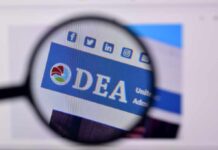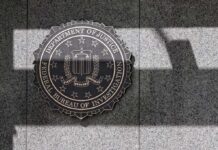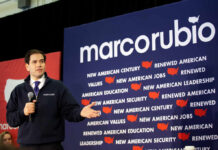
As artificial intelligence explodes into the global consciousness, there are now popular songs that were wholly generated by AI. The Recording Academy on Friday took steps at ensuring that these computer-generated tunes will not encroach on its awards ceremonies.
Under its new “Artificial Intelligence Protocols,” the Academy declared that “a work that contains no human authorship is not eligible in any category.”
The protocols stop far short of banning AI outright within musical works eligible for top honors. The board of trustees decided songs that feature some elements of AI may be considered for awards as long as a human creator made a “meaningful” contribution to the music or lyrics.
Friday’s announcement came just three days after Paul McCartney revealed that AI is contributing to a “new” Beatles record more than half a century after they disbanded.
The technology was used to extract the Beatles’ voices from other sounds in Peter Jackson’s 2021 documentary “Get Back.” McCartney called it “kind of scary but exciting.”
#GRAMMYs: Only "human creators" can win; music that features elements of AI still eligible under certain requirements. pic.twitter.com/2PruiteBdV
— chart data (@chartdata) June 16, 2023
This phenomenon is only going to be more pervasive over time, whether its productions are up for Grammys or not. In April, two of the world’s most popular musicians, Drake and the Weeknd, found their voices eerily mimicked on a popular track titled “Heart on My Sleeve.”
The AI recording garnered millions of plays on Spotify, YouTube, and TikTok.
Neither of their careers were damaged as powerful record companies sprang into action to quash this fake song. But more questions than answers came out of the incident, especially for artists who are not nearly so influential.
The new position by the Grammys is a signal that the music industry recognizes the threat posed by AI.
While some recordings are clearly spoofs and are viewed as rather harmless, others are quite serious renditions of famous voices that many believe will dilute material that is copyrighted and generates royalties.
Universal Music Group is the home of both Drake and the Weeknd, and it quickly moved to eradicate the new songs from platforms. It listed intellectual property issues but went further in a statement to fans and producers in the industry.
The company asked “which side of history all stakeholders in the music ecosystem want to be on: the side of artists, fans, and human creative expression, or on the side of deep fakes, fraud, and denying artists their due compensation?”
In the case of the Grammys, at least so far it is on the side of human expression.





























